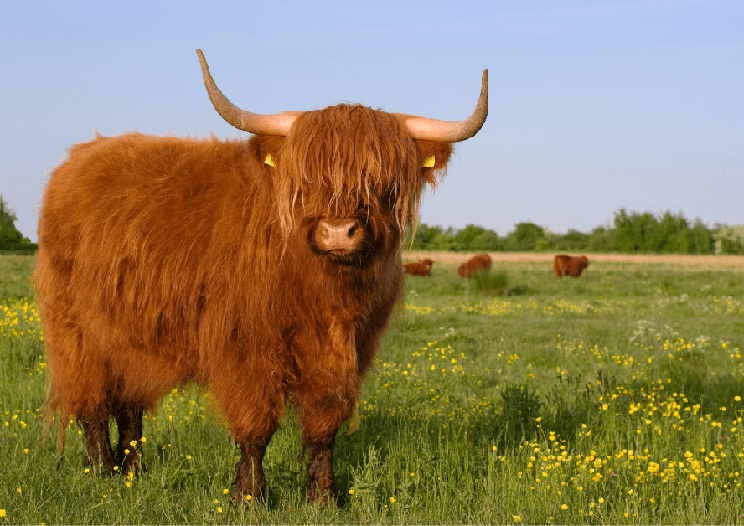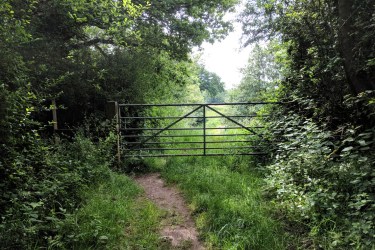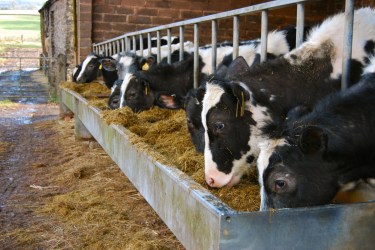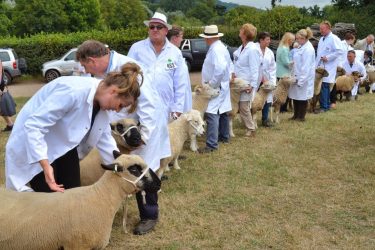By George Peart
Native breeds farmed in the right place, at the right density, could have a big role to play in our farming future. Now is the time to recognise this, their value and how they can work in conjunction with the more popular, globalised breeds.
Defining native and globalised breeds
UK native breeds are those which originated, and subsequently remained, within UK farming systems. These include niche breeds such as White Park and Dexter cattle, as well as the more commercialised types such as the Jersey and Hereford.
As the name suggests, globalised breeds are those which are exported globally, both as live exports and as germplasm. This includes the Holstein Friesian and Aberdeen Angus breeds, which have been exported, multiplied and now support large scale agri-food supply chains around the world.
Due to globalised cattle breeds having a historical dominance in key traits, such as milk yield and eating quality, investment has been focused on improving and building upon their strong genetic foundation. Rightly so, given the incredible yields which these breeds contribute to.
These attributes are particularly important today, with our population now at 7.9 billion. The ever-growing number of mouths to feed has created market pressures which are pushing farmers towards a small number of cattle breeds. All in order to compete on efficiency, cost of production and more recently, sustainability scoring.
What this means for genetic diversity
An unhappy consequence of this is that the number of native cattle and other livestock breeds in the UK has been rapidly declining in the last 50 years. This is not just a problem in the UK; by the FAO’s count, within the last two decades, almost 100 breeds of livestock around the world have become extinct. Not to mention, a further 1500 breeds have gained an “at risk” status.
This is a notable problem because we are losing vital genetic diversity. Having variety offers adaptability to climate change, efficiency in the form of low input/low output systems and resilience in the form of individual animal hardiness and herd resistance to diseases.
Taking away the ‘at risk’ status
We are, however, now seeing a resurgence in the farming of native breed livestock in the UK. This is due to the opportunities they provide in niche farming systems and for farms where infrastructure is too costly or impractical.
From farm parks outwintering Highland cattle on resting crop rotations to dairy herds overcoming prohibitive concentrate costs with Northern Dairy Shorthorns, the practical opportunities are there. These opportunities arise because globalised breeds tend to excel at individual animal performance, whereas UK native breeds excel at thriving within their target environment.
If you currently include, or are thinking of including, native breed cattle in your herd, it is key to start at the consumer end of the supply chain and work backwards. Do your native livestock provide a different product to your competition? Does the consumer want that product?
As consumers in the UK strive for more food product and service options, the narrative around native breed conservation can be used as fantastic marketing to showcase your business. The key concept isn’t to think of globalised and native livestock as being against each other, but to think of them as complementary to one another. They both should come together to provide diverse food supply chains that’ll benefit the producer, the consumer and the environment.
Here’s 5 reasons to consider native breeds
- They may complement or enhance a cross breeding programme
- They may be a better fit with your farm infrastructure
- They may be more suited to your climate, land and cropping limitations
- They may offer a niche market opportunity for the finished product
- They may support a farm diversification related to tourism or education
It may be time to look again at native breeds and consider how they could strengthen or enhance your business. There is also potential reward and enjoyment from doing something a bit different even if it isn’t the mainstay of the business. We’d be happy to discuss a choice of alternative breeds and how they could fit your personal and business needs. Get in touch!








